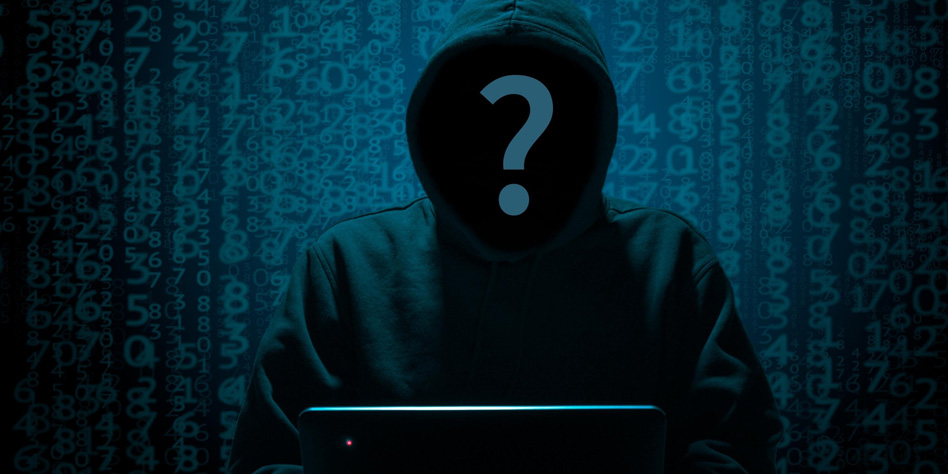
On February 8, 2022, headlines around the world reported the seizure of $3.6 billion in Bitcoin. U.S. authorities arrested Ilya Lichtenstein and Heather Morgan, accusing them of laundering approximately $4.5 billion in cryptocurrency linked to the 2016 Bitfinex hack. While the pair have not been charged with the actual hack itself, they are suspected of laundering the stolen funds. The stolen 119,754 BTC, originally valued at $72 million in 2016, had grown to over $5.2 billion in value by the time of the arrest.
The laundering operation involved sending small portions of Bitcoin through elaborate paths—utilizing dark web services, fake identities, and fragmented transfers—to evade scrutiny. This incident reignited efforts by U.S. regulators to develop blockchain tracking tools aimed at combating illicit activity in the crypto space.
While tracking the flow of digital currencies between wallets is feasible, linking wallet addresses to real-world individuals remains a complex challenge. Law enforcement reportedly gained traction in the investigation after shutting down a darknet marketplace, obtaining access to its transaction logs, which eventually helped connect the laundering trail to Lichtenstein and Morgan.
Key Lessons for Cryptocurrency Users
1. Avoid Engaging in Illegal Activities
This may seem obvious, but it's worth emphasizing. Breaking the law—whether with fiat or crypto—comes with serious consequences. Privacy-oriented cryptocurrencies like Monero offer anonymity, but that privacy is designed to protect users’ financial data, not to facilitate illegal behavior.
2. Choose Crypto Exchanges Carefully
The Bitfinex breach was one of the largest losses in Bitcoin history. Ironically, Bitfinex had implemented a multi-signature wallet system in partnership with BitGo, which was meant to improve account security. Under this setup, users’ wallets were co-managed by Bitfinex and BitGo, with three keys required for transactions. Investigators later suggested that this system may have contributed to the vulnerability exploited in the hack.
Before trusting any platform, do your due diligence:
Technology
– Ensure the site uses HTTPS
– Look for two-factor authentication
– Confirm whether customer funds are kept in cold storage
– Platforms should employ activity-monitoring systems
Legal Standing
– Opt for exchanges based in your jurisdiction to ensure regulatory protections
– Check if customer assets are insured
Transparency
– Reputable exchanges disclose their leadership, location, and operational team
– Also assess liquidity, fees, and user reviews
Ultimately, even the most secure exchange is not immune to cyberattacks. As a precaution, you should store only the funds necessary for active trading on exchanges. The rest should be kept in private wallets where you alone control the private keys.
Use Secure Wallets for Your Crypto
If you’re a Monero user, XMRWallet offers a reliable and secure web-based solution for managing your XMR. You can send and receive Monero instantly while maintaining full ownership of your private keys. XMRWallet is completely free to use, with no registration or KYC required. Take control of your privacy and digital assets today by creating your own Monero wallet.